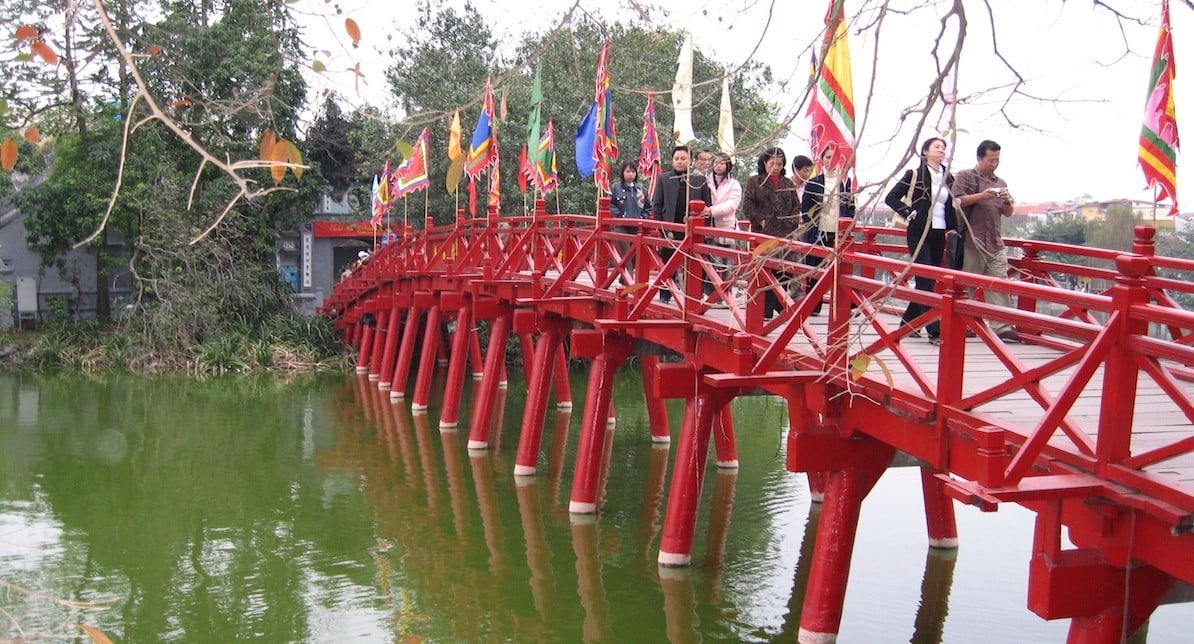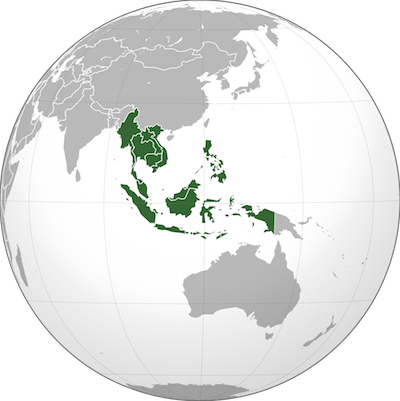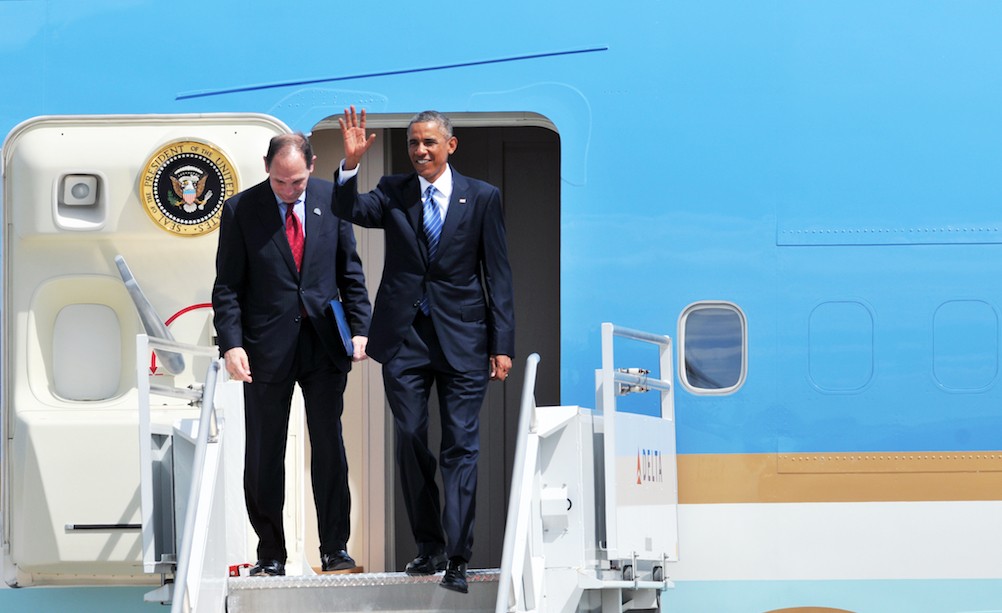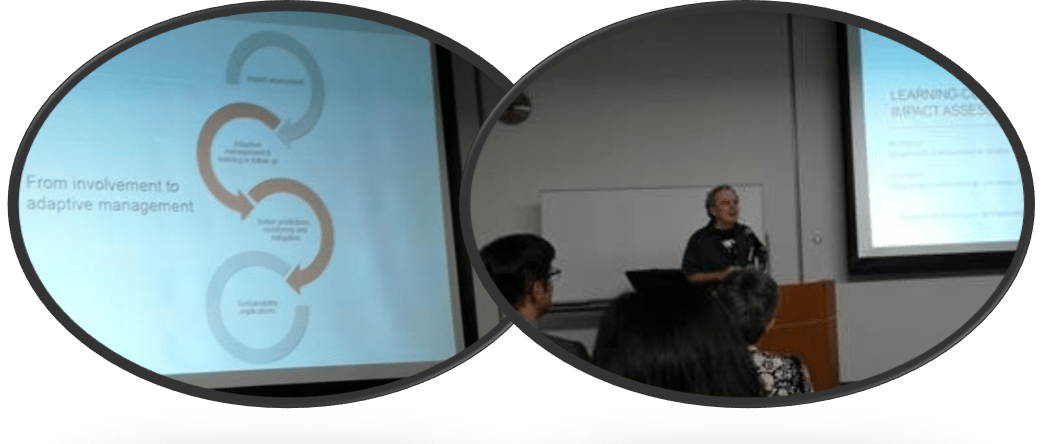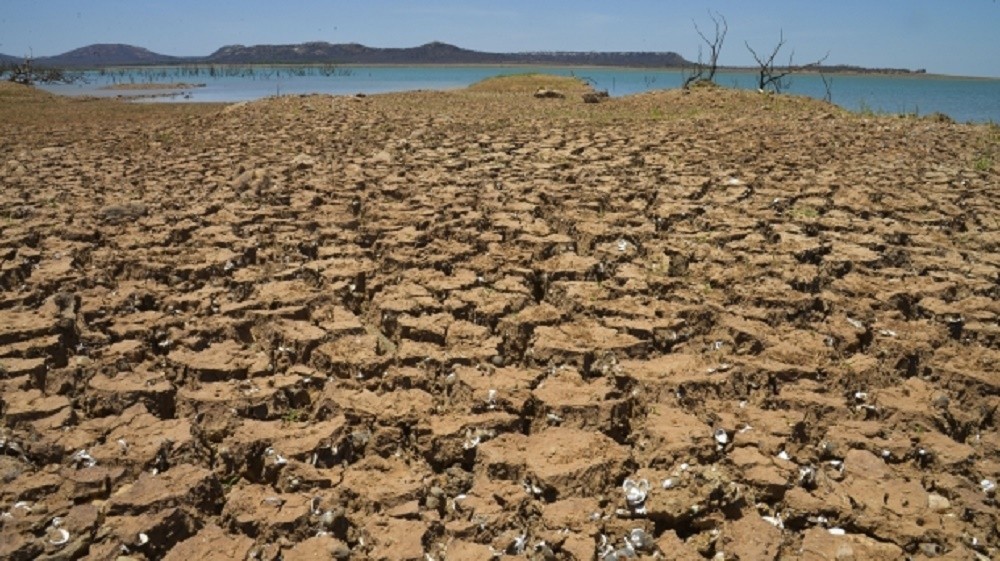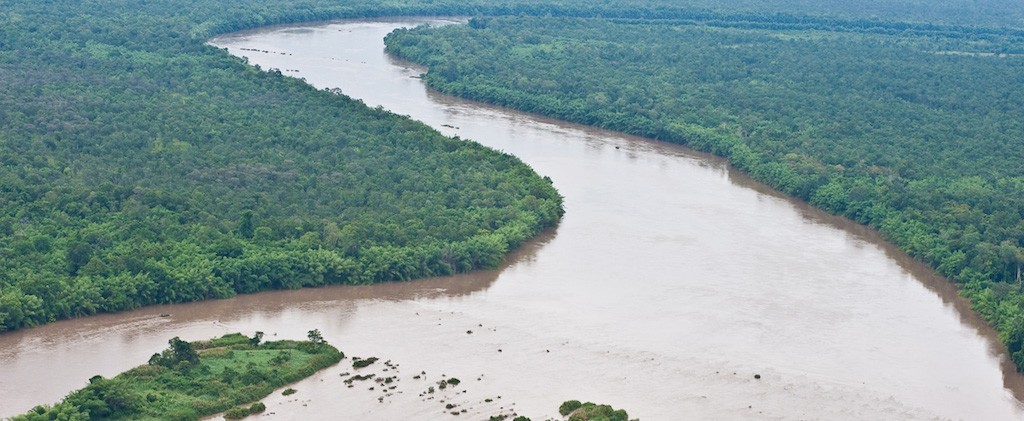It is well documented that our planet, along with its biodiversity and life-sustaining resources, is severely threatened. Lesser known is that some of the bravest among us, our environmental defenders, are putting their lives on the line on a daily basis. According to Global Witness, hundreds of activists, indigenous leaders, and environmental journalists have been killed in the past five years. Still more have faced intimidation, legal threats, and brutal violence over their efforts to protect the planet and its resources.
Category: Global
Report reveals a big dependence on freshwater fish for global food security
Freshwater fish play a surprisingly crucial role in feeding some of the world’s most vulnerable people, according to a study published Monday (Oct. 24) in the Proceedings of the National Academy of Sciences.
“It was eye-opening just how many people are deeply dependent on freshwater fisheries as sources of protein,” says Pete McIntyre, a lead co-author of the study and professor of zoology in the Center for Limnology at the University of Wisconsin–Madison. “Many people in poor nations do not get much animal protein to eat, and freshwater fish provide protein for the nutritional equivalent of 158 million people around the world.”
Vietnam playing ‘key Mekong sub-region role’
VIETNAM has been making practical contributions to turning the Mekong sub-region into a dynamic and prosperous economic area via two crucial cooperation frameworks. That is according to the country’s Deputy Prime Minister and Foreign Minister Pham Binh Minh, who spoke before meetings of those cooperations, the 8th Cambodia-Laos-Myanmar-Vietnam Summit (CLMV-8) and the 7th Ayeyawady-Chao Phraya-Mekong Economic Coopera-tion Strategy Summit (ACMECS-7) which will be held in Hanoi on October 25 and 26.
Asia: Heading towards a seismic shift
In a decade’s time, visitors to Asean, South and North Asia may find their personal experiences in their respective destinations differ quite drastically.
Each Asian nation is busy operating at its own pace, plotting a new stage of economic development and growth – despite ongoing global economic uncertainty.
In the process of this seismic shift, some countries have chosen to work in partnerships while others are tackling the challenges alone. All of them reflect Asia’s unique aspiration to take on global competitive pressure. Some nations aim to get out of the middle-income trap, while others want to secure a higher standard of living for their people.
Recharging Asia’s Battery
Next week, Barack Obama will be the first sitting U.S. president to visit Laos, a poor, landlocked country whose large-scale efforts to dam the Mekong River threaten to destabilize the region. This concerns the United States because Southeast Asia is one of the country’s largest trading partners and a key security ally that can counterbalance China’s growing regional influence. Obama should seize this opportunity to help Laos make energy choices that, over the long term, can unify the region and preserve the Mekong.
New book: Licensed Larceny: Infrastructure, Financial Extraction and the global South
This new 144-page book, just published by Manchester University Press, argues that the current push worldwide for Public-Private Partnerships (PPPs) is not about building infrastructure — roads, bridges, hospitals, ports and railways – for the benefit of society but about constructing new subsidies to benefit the already wealthy. It is less about financing
development than developing finance.
Report: Coal and gas to stay cheap, but renewables still win race on costs
Low prices for coal and gas are likely to persist, but will fail to prevent a fundamental transformation of the world electricity system over coming decades towards renewable sources such as wind and solar, and towards balancing options such as batteries.
The latest long-term forecast from Bloomberg New Energy Finance, entitled New Energy Outlook 2016, charts a significantly lower track for global coal, gas and oil prices than did the equivalent projection a year ago. Crucially, however, it also shows a steeper decline for wind and solar costs.
Public Participation and Learning in Impact Assessment
Members of the Regional Technical Working Group on Environmental Impact Assessment (RTWG on EIA, facilitated by Mekong Partnership for the Environment) participated in the Annual Conference of International Association for Impact Assessment in Nagoya, Japan in May 2016. IAIA is a global conference focusing on Impact Assessment tools and issues such as EIA, Health Impact Assessment (HIA), Public Participation, Biodiversity, Climate Change, and other topics. Here, an RTWG member shares his thoughts on the event and particularly one session “Learning-Centered Approaches to Impact Assessment.”
Drought: Hydropower’s Achilles Heel
Drought: The news has been full of it.
Fish are disappearing from markets from Zimbabwe to Vietnam because of it. Kenyan barristas are making “camelcinos” because drought has made cow milk scarce. And in India, men from some villages are even finding it hard to get wives because the water shortage makes them look like a bad bet.
Across Asia, Africa and Latin America, the rains are not falling – they’re failing.
But drought is no longer just a concern for farmers; it’s increasingly becoming a major humanitarian and political issue, particularly in hydropower-dependent countries.
Asia’s Troubled Water
Asia’s water woes are worsening. Already the world’s driest continent in per capita terms, Asia now faces a severe drought that has parched a vast region extending from southern Vietnam to central India. This has exacerbated political tensions, because it has highlighted the impact of China’s dam-building policy on the environment and on water flows to the dozen countries located downstream.



